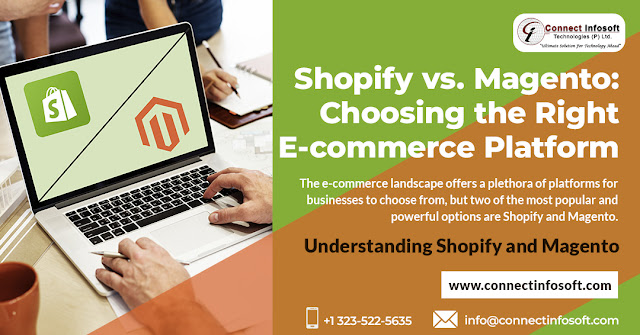React Native vs Ionic: The Best Mobile App Framework

Due to the rapid growth in mobile app development , a lot of frameworks hit the market, all of which were trying to make the development process easier, enhance performance, and offer a smoothened user experience. Out of these many frameworks, the two most popular ones are React Native and Ionic. The following article points out the pros and cons of both frameworks, their advantages, and an overall comparison that will help you decide which one to use for your next mobile app project. React Native React Native is an open-source, cross-platform framework developed by Facebook for building natively rendered mobile applications with JavaScript and React. Thanks to React Native , developers can write code once and then deploy it to many different platforms—like iOS or Android —with no performance compromise at all. By using both React's declarative programming model and the power of the native platform, React Native enables one to build mobile apps that look and feel indigenous o...




